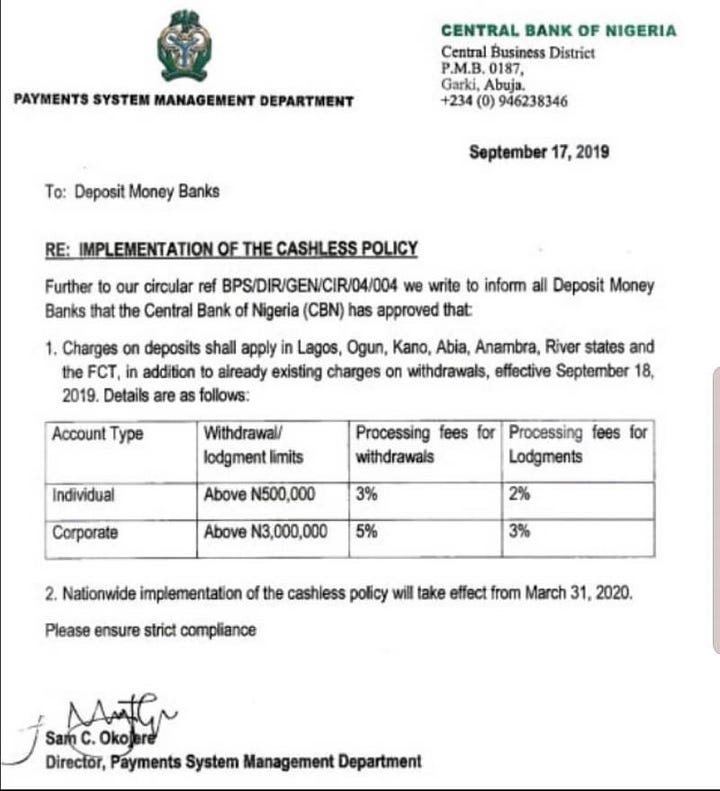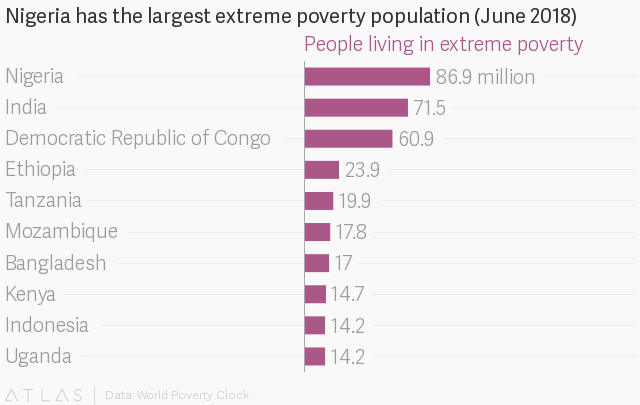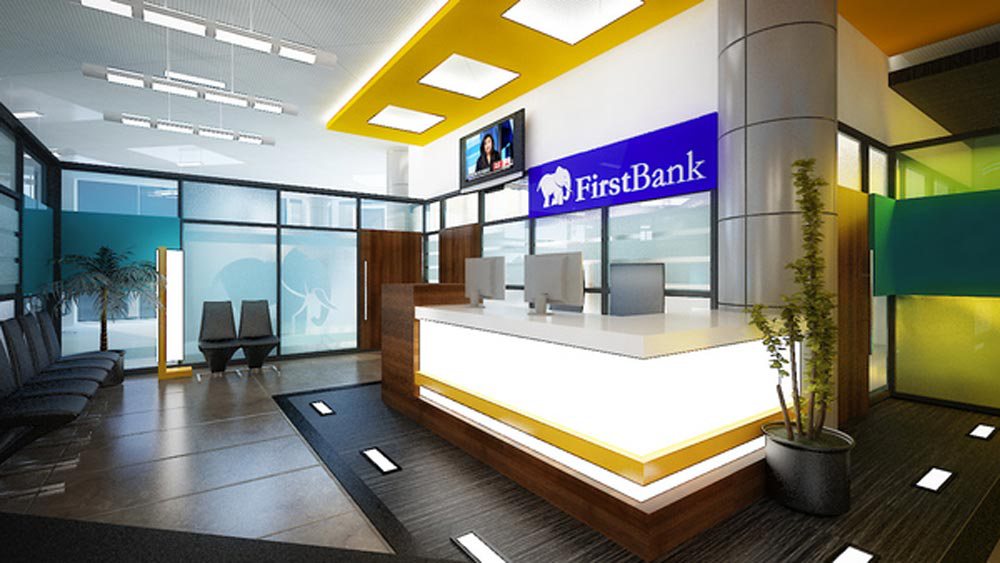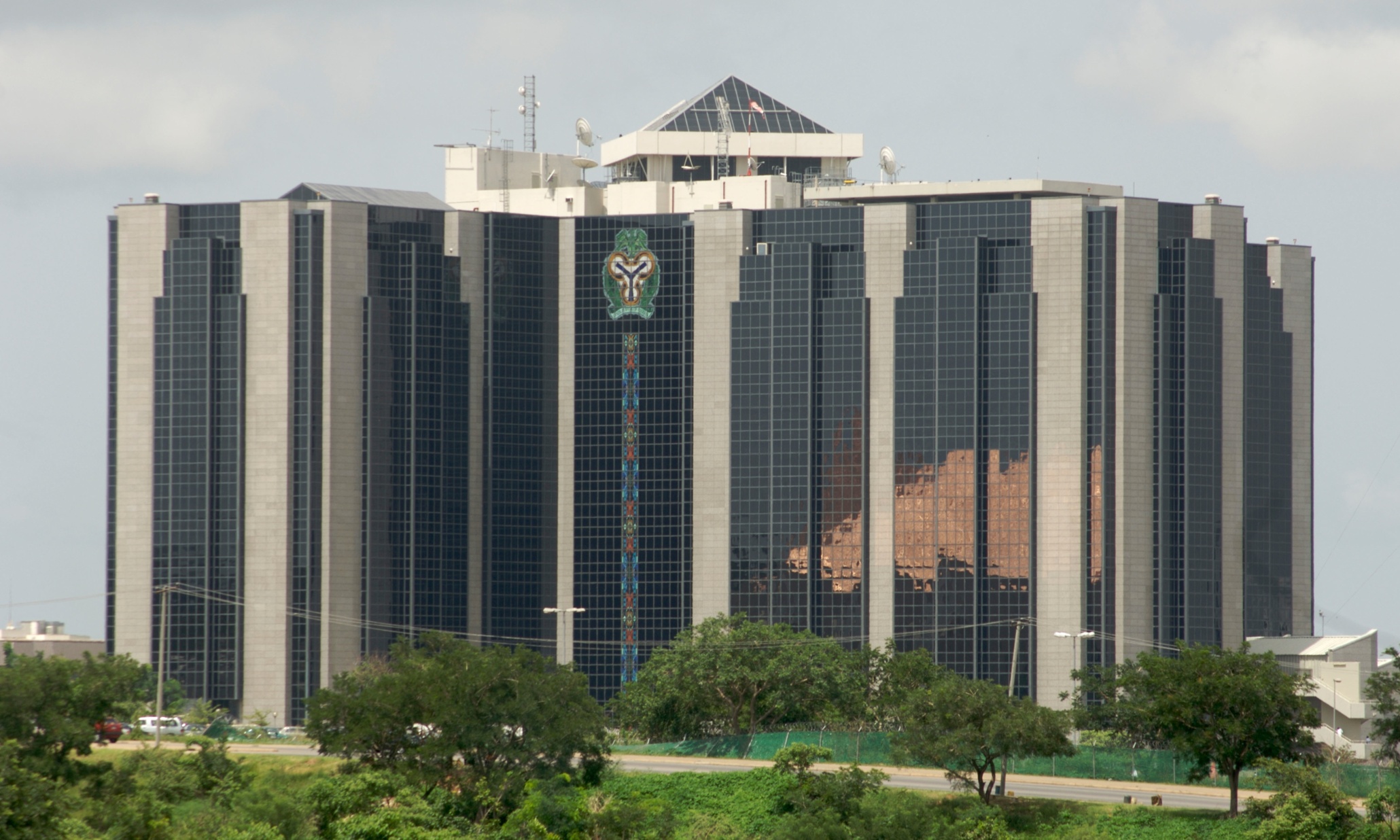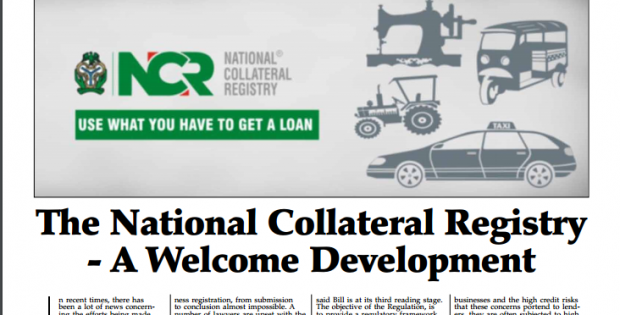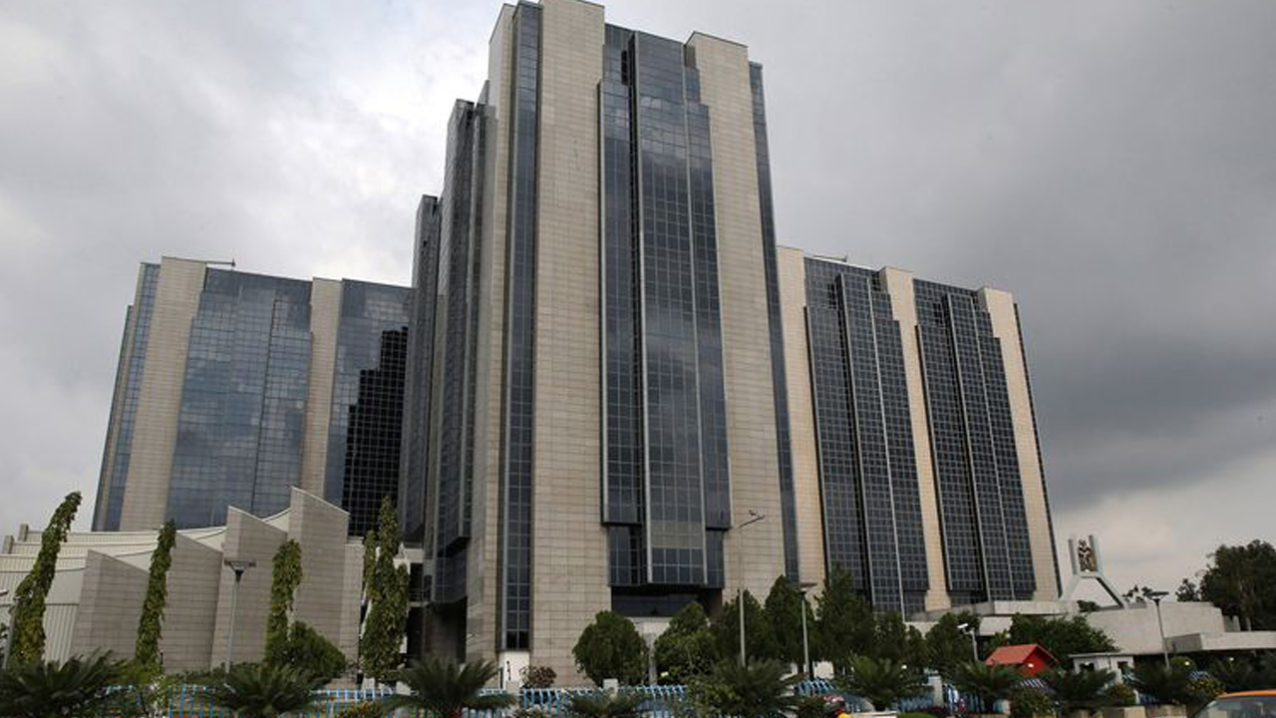Date For Nigerian Businesses To Secure More Loan From Banks Further Shifted To January, 2020.
For businesses desiring to raise funds from banks in Nigeria, beginning from January 1, 2020 may be the best time to do so as more banks may be rushing after them. Recall that the Central Bank of Nigeria recently made it mandatory for money deposit banks in Nigeria to maintain loan to deposit ratio of 60% effective September 30, 2019. A new review has been made on that by Nigeria’s central bank.
In its most recent directive to banks and other money deposit banks in Nigeria, the apex bank (CBN) has further raised the Loan to Deposit Ratio of banks from 60 to 65 percent.
Here Is All You Need To Know
- The CBN gave the directive in a letter signed by the Director of Banking and Supervision, Bello Hassan, to all banks on “Regulatory measures to improve lending to the real sector of the Nigerian economy.”
- The CBN indicated that the credit level in the sector grew by N829.4bn or 5.33 percent at the end of May from N15.56tn to N16.39tn as of September 26.
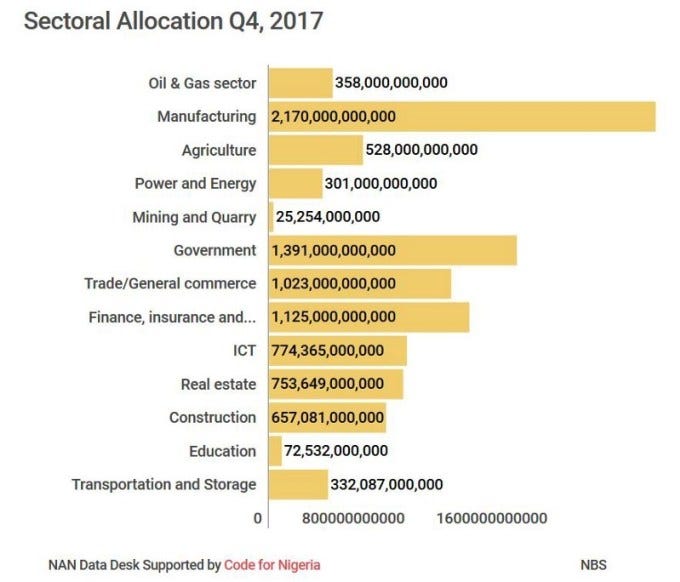
The circular read:
“The Central Bank of Nigeria has noted the appreciable growth in the level of the industry growth credit, which increased by N829.4bn or 5.33 per cent from N15.56tn at end of May 2019 to N16.39tn as at September 26, 2019 following its pronouncement on the above initiative.
“In order to sustain the momentum and in line with the provisions of our earlier letters, the minimum Loan to Deposit Ratio target for all Deposit Money Banks is hereby reviewed upwards from 60 per cent to 65 per cent. “Consequently, all DMBs are required to attain a minimum LDR of 65 per cent by December 31, 2019 and this ratio shall be subject to quarterly review. To encourage Small and Medium Enterprises, retail mortgage and consumer lending, these sectors shall be assigned a weight of 150 per cent in computing the LDR for this purpose,” it said. The CBN said “failure to meet the above minimum LDR by the specified date shall result in a levy of additional Cash Reserve Requirement equal to 50 per cent of the lending shortfall implied by the target LDR”
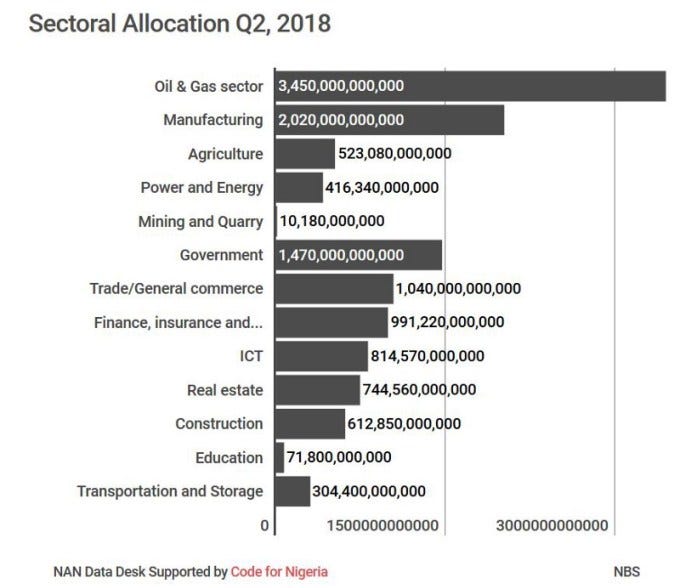
This is The First Time The Central Bank of Nigeria Is Weighing In On Minimum Lending Ratio
Previously, there Nigeria had no rule on minimum loan-to-deposit ratios. However, many Nigerian lenders have pegged ratios of about 40%.
However, Nigerian banks are so reluctant with lending to businesses and have resisted lending to businesses and consumers and instead piled their cash into naira bonds, which yield 14.3% on average, one of the highest rates globally.
Lenders worry that with inflation at more than 11%, extending more credit could endanger the financial system through an increase in non-performing loans, or NPLs.
That makes some analysts skeptical of whether the new measures will work.
“Forcing banks to lend under the current macro-economic situation will only result in a buildup in Non-performing loans,” analysts at Lagos-based CSL Research, including Gloria Fadipe, said in a note to clients.
“This could pose a risk to financial stability.”
CSL estimates it could result in an additional 1.4 trillion naira ($3.9 billion) of lending if the central bank gets its way.
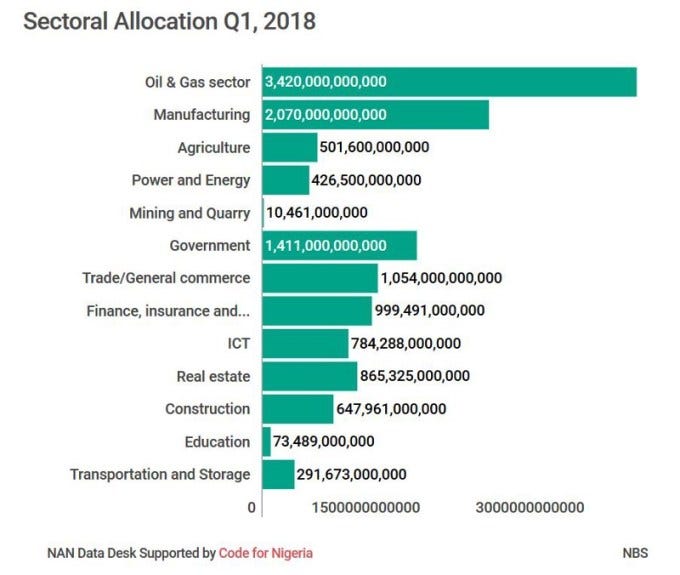
Bad Loans
Non-performing loans as a percentage of total credit in the Nigerian banking industry declined to 11% in the first quarter from 14% a year ago, according to the National Bureau of Statistics.
Past experience with such measures isn’t encouraging. The central bank last year allowed banks to use their statutory cash reserves to fund manufacturers on the condition that such loans were at a maximum interest rate of 9% and a minimum maturity of seven years. The lenders didn’t take advantage of the policy due to credit risk and high returns on government bonds, according to Michael Famoroti, an economist and partner at Stears Business.
The Implication of This To Businesses
With this move, it is expected that Nigerian money deposit banks are going to loosen up money to Nigerians. For businesses desiring to raise funds, from January 1, 2020 may be the best time to laugh as more banks would be rushing after them. However, it remains whether Nigeria’s commercial banks would not fight back, by either setting up SPVs or lending to more stable corporations, in which case the vision of the CBN may have been defeated.
In any case, businesses should, once again, dust up their loan procurement files and get set for January 1, 2020.
Charles Rapulu Udoh

Charles Rapulu Udoh is a Lagos-based Lawyer with special focus on Business Law, Intellectual Property Rights, Entertainment and Technology Law. He is also an award-winning writer. Working for notable organizations so far has exposed him to some of industry best practices in business, finance strategies, law, dispute resolution, and data analytics both in Nigeria and across the world




